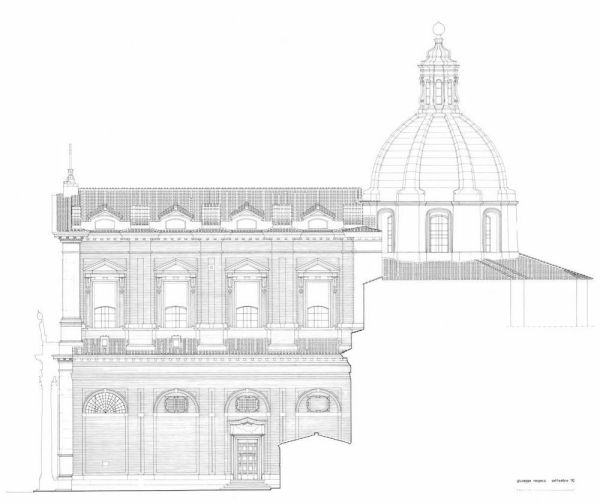Obsession and Compulsion
A gentleman confides in me that for some time now he has felt the need to check whether he has locked the front door of his house. A lady, on the other hand, needs to be sure that she has turned off the gas in the kitchen.
After checking, both the gas and the front door were fine and in order.
Another middle-aged man feels the need to see if his car is okay, then he has to go and check it, walk around it, touch it in different places, and only after completing these behavioural sequences can he return home peacefully. Sometimes he feels the need to do this several times a day.
In the Treccani dictionary, the term 'obsession' is defined as: 'a mental representation that the will cannot eliminate, accompanied by anxiety'.
The term 'compulsion' is defined as: 'compulsion, being driven by necessity to do something'.
Many people have thoughts that they have no interest in; these are often ideas that make no sense, but which require considerable mental effort.
Without wanting to, these ideas invade our minds and make our brains 'rack' as if they were fundamental issues.
These may be thoughts or images that cause concern, and are usually followed by compulsions that the person must perform to calm their anxiety.
Between the 'fixed' idea and the need to perform some act or gesture to ensure that nothing bad happens, doubt often arises, undermining our most certain convictions.
This leads to increasing indecision, which limits our freedom of action: even simple choices take a long time to make.
Sometimes it leads us to be unable to make a decision. The doubt may concern a thought, a memory, an action, etc., and may spill over from one content to another.
A person with these problems, when leaving the house, sometimes feels compelled to return to make sure they have not left the light on, and to be sure, they sometimes have to do this several times.
In literature, there are examples of people who, after sending a letter, felt the need to reopen it to check what they had written.
In psychological contexts such as this, we also talk about 'rumination', which is always associated with doubt.
In biology, it refers to the digestive process of certain animals, such as cattle. Food that has been swallowed is brought back into the mouth to be chewed again, more thoroughly, and then swallowed again to complete digestion.
In psychology, 'rumination' describes repetitive and persistent thinking focused on past events, as opposed to 'brooding', which is more concerned with future events.
Ceremonials are also described. In these, the individual must perform a sequence of acts such as washing their hands frequently or cleaning everyday objects many times.
This is where an aspect of the psychological picture described comes into play: 'rupophobia' and contamination. Rupophobia is a morbid fear of dirt and of being infected. It can affect any aspect of our lives: objects, people or public places. It is an aspect that can also harm intimacy.
The Covid period has increased the fear of contagion, but this was a real event. Many years ago, around 1986, there was the Chernobyl phenomenon, and there we really had to be careful about what we ate because food, especially vegetables, could have been contaminated.
Anyone who has these ideas may count the cars in the car park while walking, or touch lampposts, or try to avoid cracks in the pavement, etc.
In severe cases, these people may feel that they are harming someone, so these thoughts make them 'back away'. They need to give themselves a 'shake' to try to dispel these terrifying ideas.
People with these characteristics are generally strict, concerned with details, and meticulous about rules and formalities.
However, by focusing on details, they often overlook the essentials.
How many people in their work environment feel the need to line up their objects in excessive order?
Order and control are closely interlinked, because external order can be a way of achieving internal order, which can reduce stress.
However, we are talking about excessive order. A minimum of order is necessary to avoid confusion and to be able to find our things.
Stuttering is also a speech disorder linked to this psychological condition.
The person who stutters struggles at the beginning, with the first letter or syllable, and repeats it until the word is finished.
As we know, their speech is fluent when they are alone or when they recite or sing.
Otherwise, mortified by their defect, they will tend to isolate themselves and speak as little as possible. Or they will stubbornly insist on speaking with intense physical effort.
Stuttering 'is a conflict between the erotic urethral tendency to expel and the erotic-anal tendency to retain, shifted to the mouth' (Manual of Psychiatry, Arieti, vol. I, p. 353).
Dr Francesco Giovannozzi, Psychologist-Psychotherapist.












